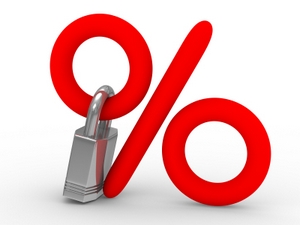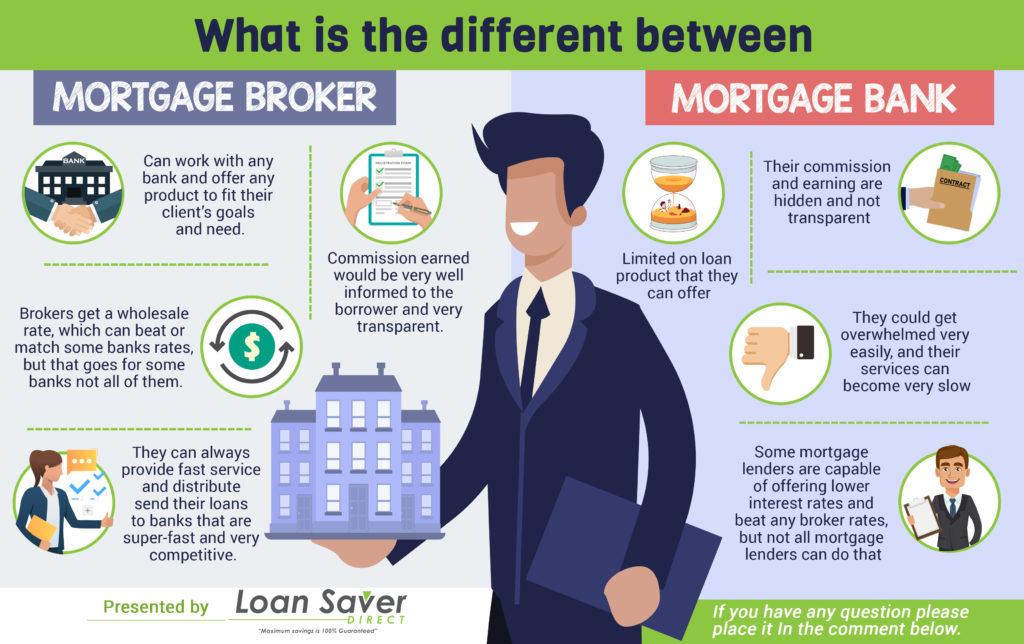What Makes Up a Home Loan Interest Rate
Home loans come with varying rates that are priced using Loan Level Pricing Adjustments (LLPA) that take into account the Loan-To-Value (LTV), FICO score, and other factors based on the loan product that we are pricing. Some lenders will run specials or reduce LLPAs for a particular product to entice borrowers to use that product. The index rate is used to base the rate, and the lenders use a margin to make their own profit. Different lenders often will adjust their margin to be more competitive based on the market.

How does loan amount and credit score impact a home loan interest rate?
The loan amount and credit score typically get lumped together as risk and a negative or positive adjustment is applied to the rate. So for example, if you are qualified for a $4,000,000 loan (WOW! wouldn't that be crazy?) but your credit score is on the lower end, the lender may apply a positive adjustment to the rate based on the risk. Conversely, if you are applying for a $200,000 loan with a credit score on the higher side, the lender would apply a negative adjustment to the rate based on the lower risk.

How does lock period influence a home loan interest rate?
When a loan originator quotes you an interest rate, it is based on the market at the time that they are quoting you the rate. That rate can rise or fall during the process of document collection and underwriting. To stabilize the rate and give real numbers to the lender and the borrower (you), the originator will lock the rate for a period that they estimate will get the borrower to closing. The longer the period of the lock, the higher the adjustment to the interest rate. For example, a 30-day lock may cost -0.17 and a 60-day lock may cost 0.13.
That is a difference of .3% on a rate. While it may seem like you should just lock the loan for the least amount of time, there are penalties when you extend past the lock period without closing the loan, so it is advantageous to capture all of the time that is projected to get the loan to closing within the lock period.It is also possible to float the rate while you do some of the processing of the loan. Floating the rate means that the rate will fluctuate with the market, and the borrower is not tied to any rate. It is not possible to close the loan, or even fully disclose the loan, until the loan is locked. However if the market took a downturn, and you expect it to recover within a week or two, you can lock the rate later. This does a couple of things for the borrower. First, it lessens the lock period substantially, ultimately lowering the interest rate. It also gives the opportunity to lock at a lower rate if the market shifts in favor of the borrower. The risk to this method is that if the market shifts adversely to the borrower, they will receive a higher interest rate.
What are origination charges and how do they affect a home loan interest?
Origination charges are the costs involved with originating the loan. This is paid to brokers, originators, or to the lender to cover fees associated with paying employees, advertising, and other business-related overhead. While a lot of this is built into the rate, it does influence the rate to some degree.

What are lender credits and how do they affect a home loan interest rate?
Lender credits are generally offered as a promotion (or sale) that the lender is having. For example, in order to entice borrowers to refinance, they may have a promotion to give a half point (-0.5) credit towards the rate on all refinance loans for a specific period. This means that any loan locked within their promotion period, will have this credit applied and the savings will be returned to the borrower in terms of a lower percentage rate. This is out of the control of the borrower as there is no indication of when a lender will release a promotional credit. Lender credits can also be given for accepting a higher interest rate and can be used to cover closing costs. This is out of the scope of this article, but will be covered in the future.

Will a lender or broker be able to offer a better home loan interest rate?
This seems to be a widely-asked question. Brokers are given wholesale prices for rates that borrowers do not have access to. Furthermore, brokers have access to multiple lenders, within their network, to shop rates for a particular home loan scenario and find the best interest rate for the buyer (you). Rates vary from lender to lender for different products. For example, Lender A may have great VA rates, however higher conventional rates. Lender B may have great rates for conventional but lacking for FHA. Lender C may have great FHA rates but the rates for Conventional and VA are higher.
Lenders also apply their own overlays for products. Overlays are additional qualification criteria that are applied over the regulatory qualification. Finding the right lender for each unique situation can be daunting, sifting through rates and overlays, and fully understanding what you’re looking at. A mortgage broker, like Broaden Mortgage, is an expert in this field. Because they have broker agreements with multiple lenders, they can take advantage of the benefits from all of the lenders that they have broker agreements with. To put this into an analogy that everyone can understand, think of buying an airline ticket. If you go to the website of Delta, American Airlines, or United, you will find their rate for the time and date that you are trying to fly. Or you could simply use Travelocity, Expedia, or a similar site that will offer rates of all of the airlines in one centralized location, and are often better than the rates that you were able to find directly. This is how mortgage brokers work.
